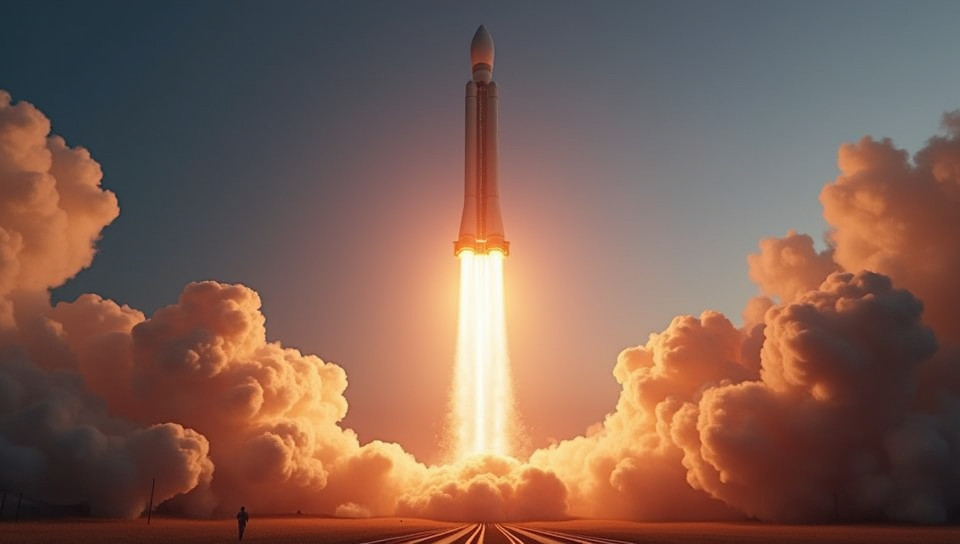Advancements in rocket propulsion have significantly improved efficiency 76%

Advancements in Rocket Propulsion: A Leap Forward in Efficiency
As we continue to push the boundaries of space exploration, one crucial aspect that has undergone significant transformation is rocket propulsion. The efficiency of rockets has been a major concern for decades, with scientists and engineers working tirelessly to improve fuel consumption, reduce emissions, and increase payload capacity. Recent breakthroughs have led to a substantial improvement in rocket propulsion systems, making them more efficient, reliable, and cost-effective.
The Need for Improvement
Traditional rocket propulsion systems rely on chemical reactions between fuel and oxidizer to generate thrust. However, these reactions are often inefficient, resulting in wasted energy and decreased performance. The need for improved efficiency has driven the development of new technologies that can optimize fuel consumption while increasing thrust.
Advancements in Propulsion Systems
Several key advancements have contributed to the significant improvement in rocket propulsion efficiency:
- Improved combustion chambers: New materials and designs have allowed for more efficient combustion, reducing energy losses and increasing specific impulse (a measure of efficiency).
- Advanced ion engines: Ion engines use electrical energy to accelerate ions, resulting in higher efficiency and longer mission lifetimes.
- Electric propulsion systems: These systems use electrical power to accelerate charged particles, providing a significant increase in thrust while reducing fuel consumption.
Benefits of Improved Efficiency
The benefits of improved rocket propulsion efficiency are numerous:
- Increased payload capacity: More efficient rockets can carry heavier payloads, enabling longer missions and more extensive space exploration.
- Reduced costs: Lower fuel consumption means lower mission costs, making space travel more accessible and affordable.
- Environmental impact: Improved efficiency reduces the amount of propellant required, minimizing the environmental impact of rocket launches.
Conclusion
The advancements in rocket propulsion have marked a significant milestone in the history of space exploration. Improved efficiency has opened doors to new possibilities for space missions, enabling us to push further into our solar system and beyond. As we continue to innovate and improve propulsion systems, we can expect even more efficient rockets that will take us to unprecedented heights. The future of space travel has never looked brighter, and it's an exciting time to be a part of the space community.
- Created by: Dhruv Kumar
- Created at: Aug. 15, 2024, 11:50 p.m.
- ID: 7347





